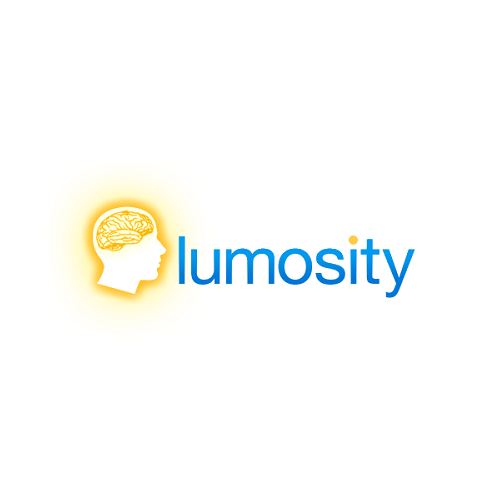Top Class Actions’s website and social media posts use affiliate links. If you make a purchase using such links, we may receive a commission, but it will not result in any additional charges to you. Please review our Affiliate Link Disclosure for more information.

With alleged claims of helping Lumosity users enhance their performance at work and in academic settings and helped delay or halt age-related decline in cognitive ability, Lumosity has become a successful program, with advertisements on major media outlets.
According to the FTC lawsuit, Lumosity was accused of making statements relating to the program’s improvement of brain health that apparently could not be backed with scientific evidence.
“The FTC alleges that the defendants claimed training with Lumosity would 1) improve performance on everyday tasks, in school, at work, and in athletics; 2) delay age-related cognitive decline and protect against mild cognitive impairment, dementia, and Alzheimer’s disease; and 3) reduce cognitive impairment associated with health conditions, including stroke, traumatic brain injury, PTSD, ADHD, the side effects of chemotherapy, and Turner syndrome, and that scientific studies proved these benefits,” the FTC said in a press release announcing the Lumosity settlement.
Additionally, the FTC complaint also alleged that Lumosity did not disclose to consumers that some customer testimonials were the result of contests that Lumosity ran that promoted prizes like an iPad, a lifetime membership to Lumosity and round trip airline tickets to San Francisco.
Jennifer Rich, the FTC Bureau of Consumer Protection Director, said that “Lumosity preyed on consumers’ fears about cognitive decline, suggesting their games could stave off memory loss, dementia, and even Alzheimer’s disease. But Lumosity simply did not have the science to back up its ads.”
Lumosity offers more than 40 games in its program that are said to help with attention, flexibility, memory, processing speed and problem solving. Playing the games for 10 to 15 minutes for three to four times a week would help users reach their “full potential in every aspect of life,” according to Lumosity’s advertisement. The monthly fee for the programs start at $14.95, and a lifetime membership is $299.95.
Moving forward, the court order proposed that Lumosity would be required to provide “competent and reliable scientific evidence before making future claims about any benefits for real-world performance, age-related decline, or other health conditions.”
The order also calls for a $50 million judgment against Lumos Labs, and the amount will be suspended after the company pays the $2 million to the FTC. The company must also contact all members who took part in the auto-renewal plan from Jan. 1, 2009 and Dec. 31, 2014 to make them aware of the action taken by the FTC and allow them to cancel their subscriptions.
In a statement issued to TechCrunch, an online publisher of technology news, Lumosity said, “Neither the action nor the settlement pertains to the rigor of our research or the quality of the products — it is a reflection of marketing language that has been discontinued. Our focus as a company has not and will not change: We remain committed to moving the science of cognitive training forward and contributing meaningfully to the field’s community and body of research.”
The company also stated that it had a peer-reviewed clinical test published in the journal PLOS One that included a trial of their training program. Lumosity said, “The study reported that participants who trained with Lumosity for 10 weeks improved on an aggregate assessment of cognition. Going forward, a key focus of our ongoing research is to build on these studies to better understand how training-driven improvements on tests of cognition translate to performance in participants’ everyday lives.”
The Lumosity FTC Lawsuit is Federal Trade Commission v. Lumos Labs Inc., et al., Case No. 3:16-cv-00001, in the U.S. District Court for the Northern District of California, San Francisco Division.
UPDATE: The Lumosity brain-training class action settlement is now open! Click here to file a Claim.
ATTORNEY ADVERTISING
Top Class Actions is a Proud Member of the American Bar Association
LEGAL INFORMATION IS NOT LEGAL ADVICE
Top Class Actions Legal Statement
©2008 – 2024 Top Class Actions® LLC
Various Trademarks held by their respective owners
This website is not intended for viewing or usage by European Union citizens.















2 thoughts onLumosity Creator Reaches $2M Settlement with FTC
Why wasn’t I apart of this class action? I spent alot of time playing lumosity. You can look up peoples accounts. All that had an account should have been apart of this class action.
UPDATE: The Lumosity brain-training class action settlement is now open! Click here to file a Claim.